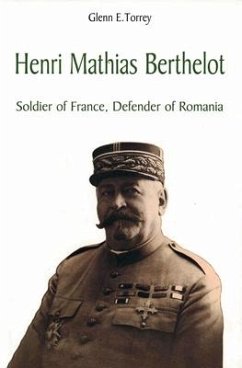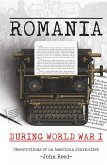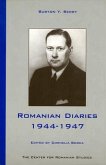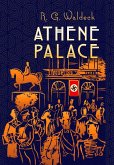At the beginning of the First World War, Henri Mathias Berthelot was recognized as one of France¿s most brilliant young generals. His sharp intelligence, prodigious organizational talents, and verbal skills had made him the trusted assistant to a succession of French chiefs of staff including Brugere, Lacroix, and finally Joffre. As the latter¿s ¿right arm¿ in implementing Plan XVII in 1914, he shared responsibility for the earliest defeats of the French Army, but also for the remarkable recovery that followed. After the war, he played an influential role on the Conseil Superieure de Guerre in its debates over the defense of France which eventually produced the Maginot Line.While, unfortunately, Berthelot¿s military career in France has not received the attention it deserves, his service in Romania as head of two French military missions (October 1916-March 1918) and (October 1918-May 1919) made him a national hero in that country. Berthelot¿s indomitable optimism and will to resist energized the Romanian political and military leadership: the Romanian army was rebuilt, a new Austro-German assault brilliantly repulsed in 1917, and the consequences of the Russian Revolution for Romania blunted. At the end of the war, when Allied leaders vacillated over allowing the Romanians to occupy the territory promised in the Treaty of Alliance of 1916, Berthelot encouraged them to act on their own. His advocacy of Romania¿s territorial claims alienated his superiors and eventually led to his recall. Meanwhile, in Romania he was enshrined as one of the founders of ¿Greater Romania.¿This study by Glenn E. Torrey, the leading American specialist on Romania during World War I, is based on the private, unpublished ¿Sourvenirs,¿ papers, and correspondence of the General.
Hinweis: Dieser Artikel kann nur an eine deutsche Lieferadresse ausgeliefert werden.
Hinweis: Dieser Artikel kann nur an eine deutsche Lieferadresse ausgeliefert werden.








